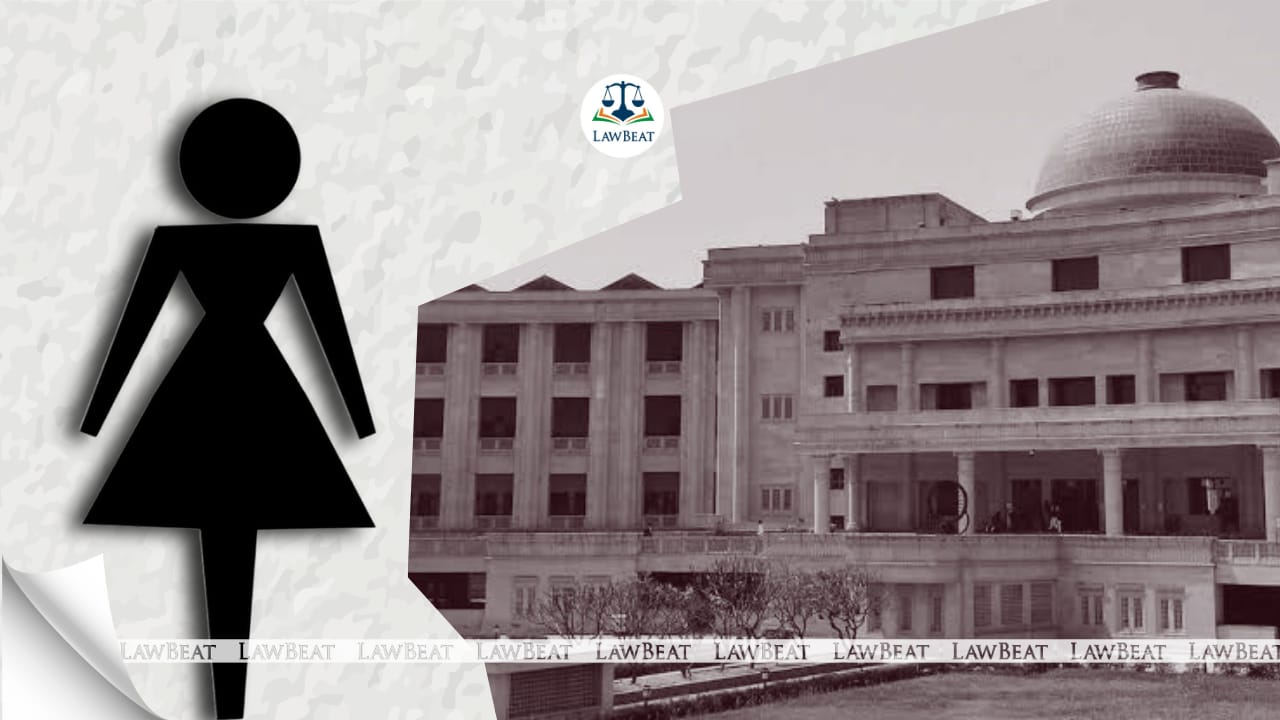Dependent Widowed Daughter Eligible For Compassionate Appointment: Allahabad HC

Court held that a 'widowed daughter' would be covered in the definition of 'daughter' under the Guidelines for Compassionate Appointment issued by the Government of India, Ministry of Personnel Public Grievance and Pension (DoPT) vide Office Memorandum dated October 9, 1998, if she was dependent upon her deceased father or mother on the date of his/her death
The Allahabad High Court, Lucknow Bench, recently observed that a widowed daughter is entitled to compassionate appointment under the "Dependent Family Member" category. Court quashed a 2023 judgment by the Central Administrative Tribunal (CAT), which had denied such eligibility to one Punita Bhatt alias Punita Dhawan (the petitioner), following her application for compassionate employment with Bharat Sanchar Nigam Limited (BSNL).
The petitioner, a widowed daughter of a BSNL employee who died in harness, had sought compassionate appointment in 2016. Despite fulfilling other prerequisites and submitting affidavits from her family relinquishing claims, her application was rejected based on BSNL's 1998 guidelines. These guidelines excluded "widowed daughters" from the eligible dependent family member category, a decision that the tribunal later upheld.
The petitioner challenged this rejection, arguing that as a dependent widowed daughter residing with her father at the time of his death, her exclusion from the scheme was discriminatory. Citing precedents, including Vineeta Sharma vs. Rakesh Sharma (2020) and Smt. Vimla Srivastava vs. State of U.P. (2015), she contended that the absence of specific exclusionary terms such as "unmarried" before "daughter" in the 1998 guidelines necessitated an expansive interpretation.
The division bench of Justices Om Prakash Shukla and Rajan Roy endorsed this view. The bench emphasized that a widowed daughter remains a part of her father’s family irrespective of marital status and should not be discriminated against in matters of compassionate employment.
"If a married son is eligible for compassionate appointment if he was dependent upon his father at the time of his death unless he had his own means of livelihood, then, there is no reason as to why a married daughter who is similarly placed, that is, if she was dependent upon her father, should not be eligible for compassionate appointment under the aforesaid scheme," said the bench.
It observed that such exclusions violated Articles 14, 15, and 16 of the Constitution, which guarantee equality and prohibit discrimination based on gender or marital status.
The bench also highlighted evolving judicial trends across India that have progressively interpreted “family” to include married or widowed daughters under compassionate employment schemes. Court drew parallels with judgments from other high courts, which struck down similar exclusions as unconstitutional.
In its judgment, court ordered BSNL to reassess the petitioner’s application within two months, factoring in her dependent status without prejudice stemming from her marital or widowed condition. It also quashed the CAT's 2023 decision, asserting that it failed to account for the broader constitutional and social context.
Case Title: Punita Bhatt Alias Punita Dhawan Vs. Bharat Sanchar Nigam Limited (Bsnl) New Delhi Thru. Its Chairman Cum Managing Director And 3 Others
